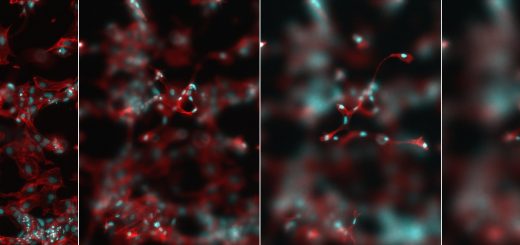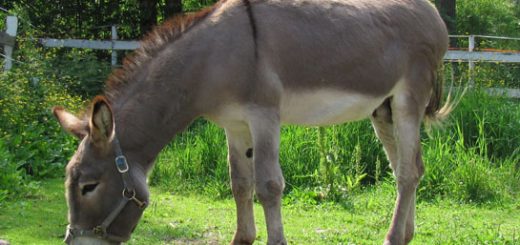Unlocking the Mystery of Memory

The human brain is a strange organ; there is often nothing quite so fickle as memory. We’ve all had that moment – you are about to introduce two people that you have known for some time and poof! Their names have been erased from your mind, vanishing into that vast mental library reserved for important memories such as, every Friends episode ever, the Macarena dance moves, and that time you fell over in front of the entire school. As we get older, busier and more stressed, these moments of forgetfulness can cause havoc to our lives. Perhaps we have missed the boat on that seemingly innate knack of recollection that graces others, or maybe, we lack the right training.
Many of us get caught up with the idea of having a photographic memory, that is to remember everything as if you were looking at a picture and the ability to zoom in on any detail we please. You may be surprised to find that this notion of true photographic memory has never been proven. Most of us find visual memory easier than any other type, which is why you might recall a face more easily than a name. Some people have a heightened version of this that scientists prefer to call eidetic memory. They can save an ‘eidetic image’ of a scene and visualise it in detail afterwards. However, this is rarely a perfect memory and often fades after a few minutes 1.
Though some lucky people may be able to remember minutia of detail, it is still highly subjective. For example, some remember only personal details, like what they were doing on a particular date, whereas others find it easy to remember strings of numbers, such as the digits of pi to thousands of decimal places. However, a first-rate memory across the board is yet to be found, and skill in this area is thought to be as much a product of training as it as of natural talent. World champions in this field do not seem to have particularly different brain anatomies or higher cognitive ability. Instead, careful training creates different connectivity patterns between regions of their brains.
Any fan of Sherlock Holmes will be aware of his remarkable attention to detail and equally impressive recall. As he trawls through his mind looking for that vital clue, both us and a long-suffering Watson look on with a mix of envy and admiration. We forgot to put on our socks this morning, let alone remember that a key witness had a splodge of ink on their left thumb! Recent incarnations of the famous sleuth show him visiting a palace within his mind, which houses his many observations. Habitual forgetters take note: building these mental constructions, so-called mnemonics, are not just for fictional detectives.
A popular mnemonic called the method of loci is where a familiar route is visualised and along the route information is embedded. Let’s pretend we are trying to remember a shopping list, for example. Imagine travelling from the front door of your house to your bedroom. You reach the front door and see that there is milk spilt all over the front step being lapped up by fluffy kittens. You pick one up for a cuddle, but it suddenly grows into a huge lion with a mane made of bread. Due to this bread-lion you run through the door and slam it behind you, but as you look up, you notice a rather large orangutan on the ceiling. It begins to pelt you with banana peels, so you rush up the stairs and… Milk, bread, bananas and so on.
Scientists have found that recalling journeys such as these, along with other memory devices, can improve the brain connectivity in those that have never tried it before. In their study, neural connections began to resemble those of a world champion after as little as six weeks training 2. Furthermore, a better understanding of how the brain forms memory is equally important in the fight against degenerative diseases – like Alzheimer’s – so we know how to counter memory loss better.
You may not be a world memory champion just yet, but a little practice could go a long way – at least with your weekly shop anyway.
Edited by Richard Murchie










